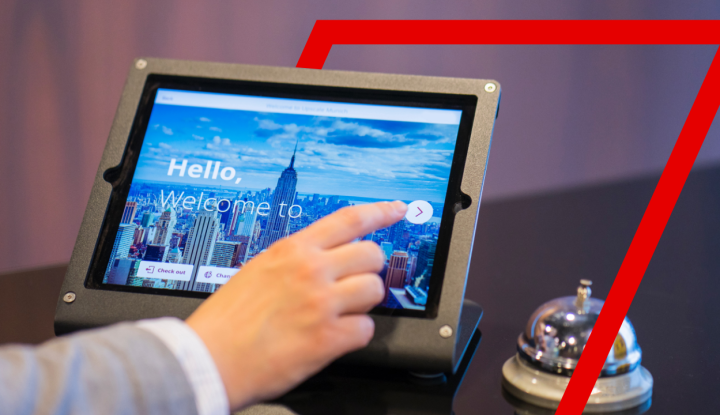Airlines are extraordinarily data-rich. From marketing to finance to operations to reservations to customer service, airlines invest heavily in technology to track, store and analyze data. Ideally, this data is leveraged into critical insights across every aspect of their operations and each customer touch-point.
Yet, this valuable data often remains locked-up within departmental silos and across disparate systems. Airlines often cannot consolidate information in real-time — a requirement when simultaneously focusing on the customer experience, operational efficiency and profitability.
Liberating siloed Big Data is the top strategic priority for airlines who understand that future success starts with the customer experience. This is one conclusion of
The Competitive Airline: Enabling Operations to Create the Best Customer Experience, a research report from Forbes Insights and Sabre Airline Solutions released in early May.
It all starts — and ends — with the customer
The explosive growth of advanced technology has already integrated many aspects of a consumer’s life. This shift has created expectations for a similar seamless experience across the travel journey. Travelers expect the same level of inter-operability built into many of their everyday digital experiences. Airlines must therefore look to unifying technologies that deliver the meaningful real-time data to meet the traveler’s expectations.
To explore how this plays out in aviation, more than 100 airline executives were surveyed, each working in operations, marketing, finance or IT at a global airline. Their responses reinforce the perception that one unified technology platform is key to success with the traveler:
- More than six out of ten executives say customer experience is their brand’s primary promise
- Seven out of ten identified customer experience as the number one measure of success in disruption management
- More than five out of ten executives identified lack of advanced technology as the top obstacle to improving the customer experience
- Four out of ten identified it as the top obstacle to improving operational performance and profitability
Commenting on the survey findings,
Dana Jones, SVP and CMO at
Sabre Airline Solutions, emphasizes that a holistic approach to data is essential:
“Airlines need integrated technology and business processes to make sure customer information is part of the fabric in which they operate. Insights from that data in real-time allow airlines to balance priorities between customer service, operations, and profitability.”
The good news is that airline executives recognize the interdependence of customer experience, operational efficiency and enhanced profitability are intertwined and interdependent. Each can no longer be dealt with as stand-alone, unrelated objective. Airline executives see a future where industry stewardship and financial success are dependent on the ability to provide a seamless and positive experience across every customer touch-point.
On the other hand, not every airline executive is fully aligned with this vision, at least not yet. The study found that
nearly 4 out of 10 departmental executives agree that aligning operations, marketing and IT is a top priority, yet across airlines as a whole, fewer than 2 out of ten agree with this priority.
While these airline executives could certainly be behind their peers in this prioritization, the surveyed executives might also feel that they have already successfully integrated systems. Rather than the laggards, this cohort could be the high-performing outliers who have already aligned their organizations.
Regardless of stance, “big” data is an inadequate descriptor for the challenges facing airlines in today’s digital complexity. The airlines that move faster than their competitors to tame this data beast will win. By unifying technology, streamlining processes and aligning objectives, data-taming airlines will fly more satisfied customers, enjoy greater operational efficiency — and therefore deliver sustainable profitability.









